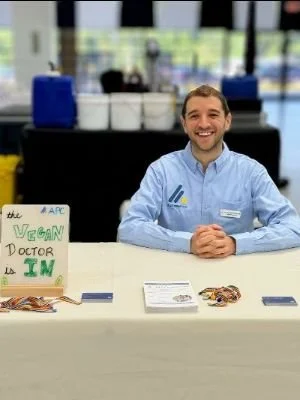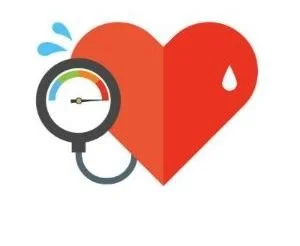September 2024
Hello Everyone,
Today marks one year since Ally Primary Care opened, and we couldn't have done it without your trust and support. We are deeply grateful to each of you for choosing us and being a part of this journey. We look forward to serving you and pushing the envelope on what Primary Care can do for years to come.
Thank you, and much love,
Jeremy Neuman, MD
We had our first tabling/marketing event at Atlanta Vegfest. Success!
FDA Approves Nasal Spray Alternative to EpiPen for Allergic Reactions
Exciting news for individuals with allergies, especially those who are needle-phobic. The FDA has approved Neffy, a new epinephrine nasal spray that offers an alternative to injectable epinephrine, such as the well-known EpiPen. Neffy is expected to be priced around $25 for those with commercial insurance and up to $199 for those without coverage. The product comes in a two-pack, just like injectable epinephrine, and a second dose should be administered if someone experiencing an anaphylactic reaction (such as throat swelling) does not improve after the first dose. Approved on August 9, 2024, by the FDA, Neffy is anticipated to be available later this year.
New Study Suggests Lower Blood Pressure Target for High-Risk Patients
A new study from China suggests that patients at high risk of stroke or heart attack may benefit from a lower systolic blood pressure goal. Targeting a systolic pressure below 120 mm Hg resulted in a 12% relative risk reduction (absolute risk reduction - 1.4% [11.1% to 9.7%]) in heart attack, stroke, stent placement, and heart failure hospitalization, compared to a target below 140 mm Hg.
>> Dr. Neuman comments: "While this study offers valuable insights into optimal blood pressure goals, I'm not convinced that a 1.4% absolute risk reduction justifies additional medication. I would instead focus on lifestyle changes like eating more plants and staying active.
It's important to note that this study involved Chinese adults, and its findings may not apply to all populations. Additionally, the lead author received funding from a pharmaceutical company for blood pressure medication research."




